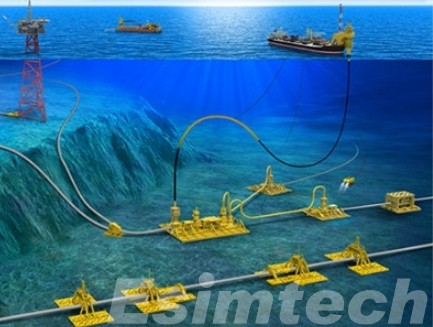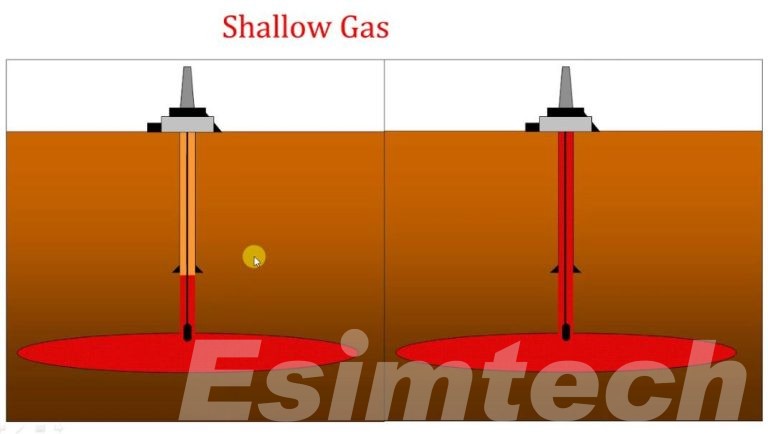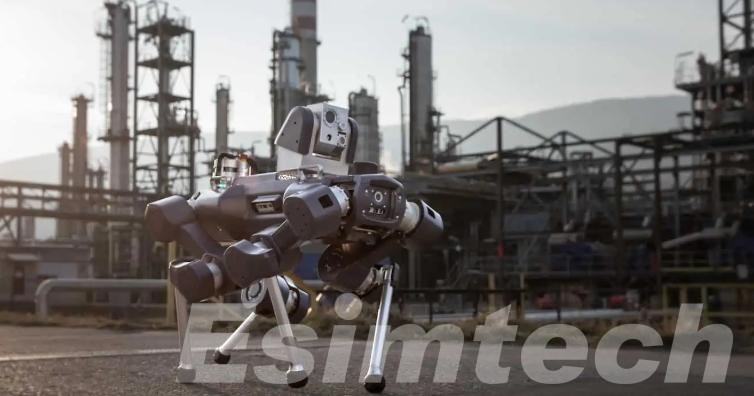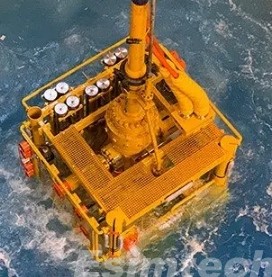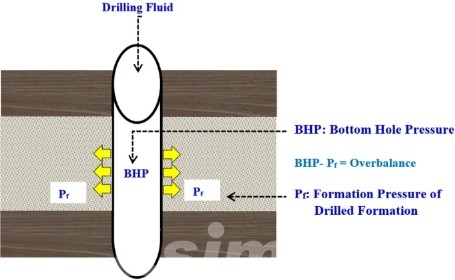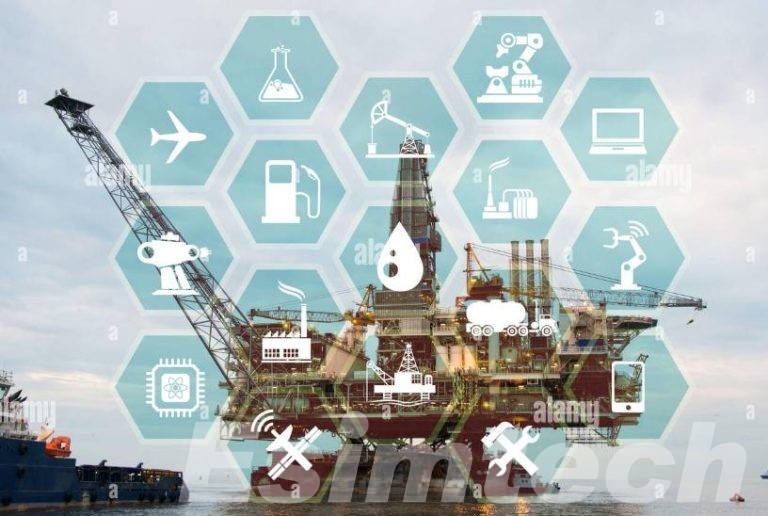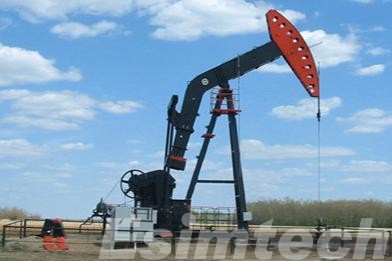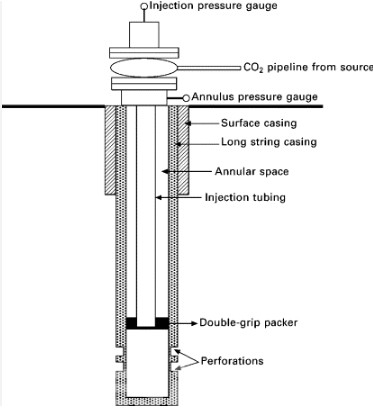What are Subsea Pipelines: How to Design and Operate Efficiently
Subsea pipelines play a crucial role in the transportation of oil and gas from offshore fields to processing facilities on land or to floating production storage and offloading (FPSO) units. With the increasing focus on deepwater and ultra-deepwater exploration, subsea pipelines are becoming increasingly critical for the development of new oil and gas reserves located…

